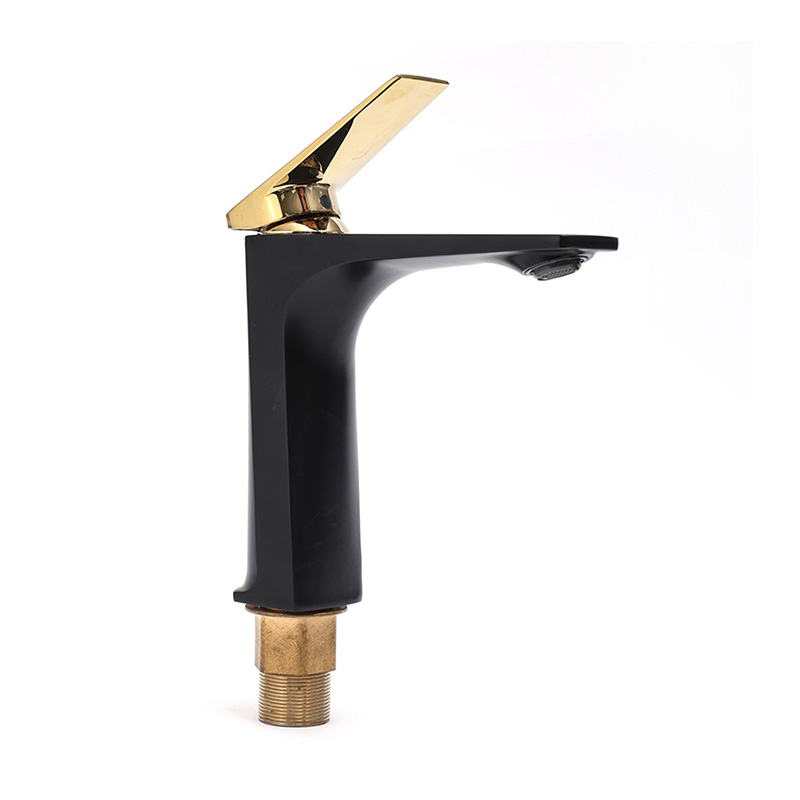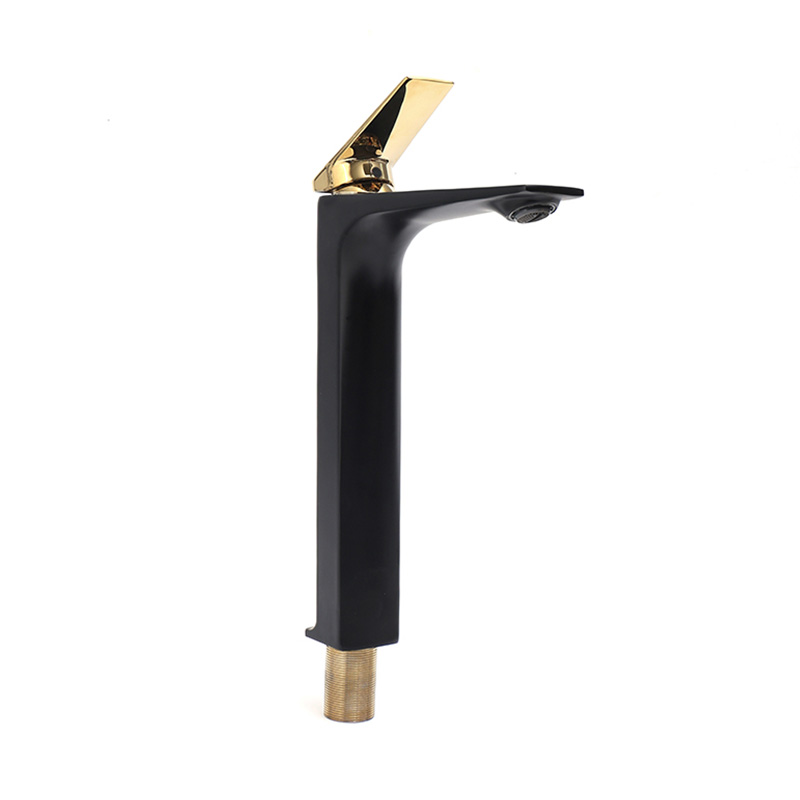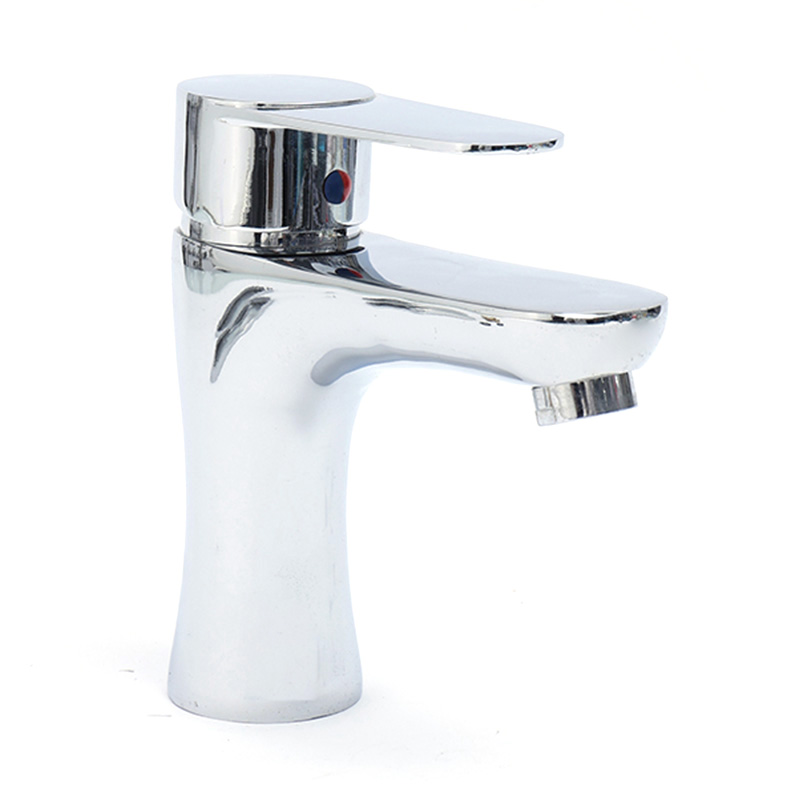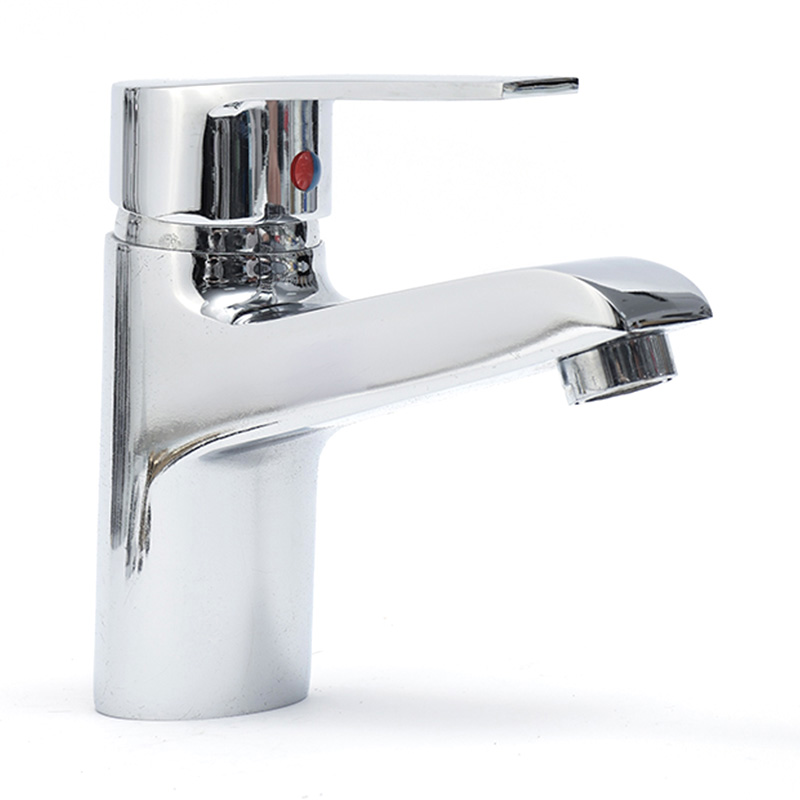Shower taps, whether designed for sinks, walls, or showers, play an essential role in the functionality and aesthetics of any bathroom. They are available in a range of styles and configurations, each suited to specific needs and preferences.
Shower sink taps are a common fixture in bathrooms, typically used for sinks situated near or within a shower area. Shower sink taps are usually mounted on the sink itself or integrated with a countertop, offering ease of access and efficient water control.
One of the primary advantages of shower sink taps is their convenience. They are often equipped with both hot and cold water controls, allowing users to adjust the temperature to their preference quickly. Many models also feature a swivel spout, which provides additional flexibility, making it easier to direct water flow where it is needed.
Shower wall taps, as the name suggests, are installed directly into the wall, typically in a shower area. These taps provide a clean and modern look, with the faucet appearing seamlessly integrated into the wall. Wall-mounted taps are often chosen for their small design, as they help to keep the shower area uncluttered and visually appealing.
One of the key benefits of shower wall taps is their space-saving nature. With the tap mounted directly on the wall, it frees up space in the shower area, making it feel more open and spacious. This can be especially useful in smaller bathrooms where big space is essential. Wall taps also make it easier to maintain the area around the faucet, as there are fewer visible parts to clean.
Water shower taps are an essential part of any shower setup, as they control the flow and temperature of water. These taps are typically designed for use in dedicated shower areas and are an integral component of the showerhead system. Water shower taps can vary in terms of style, functionality, and ease of use, but all serve the fundamental purpose of regulating the water flow during a shower.
One of the more common types of water shower taps is the single-handle valve, which allows the user to control both the temperature and water flow with a single lever. This type of tap is known for its ease of use and streamlined design. Dual-handle taps are also available, with separate controls for hot and cold water. These taps provide more precise control over water temperature but may require more space for installation.
Selecting the right tap for your bathroom depends on several factors, including the layout, size, and overall design of the space. Whether you opt for a shower sink tap, a shower wall tap, or a water shower tap, it's important to consider the following:
Compatibility: Ensure that the tap you choose is compatible with your plumbing and shower system. Wall-mounted taps, in particular, may require adjustments to existing pipes or additional installation steps.
Style: The tap should complement the overall style of the bathroom. For a more modern look, sleek and small designs work well, while traditional styles may feature more ornate detailing.
Functionality: Consider how the tap will be used on a daily basis. Single-handle taps are convenient for quick adjustments, while dual-handle taps may offer more precise control over water temperature.
Material and Finish: Choose a material and finish that suits your bathroom's aesthetic while offering durability. Materials like chrome, stainless steel, or brass are often used for their resistance to corrosion and easy maintenance.
Shower sink taps, shower wall taps, and water shower taps are all essential components of a well-functioning bathroom.



 русский
русский













